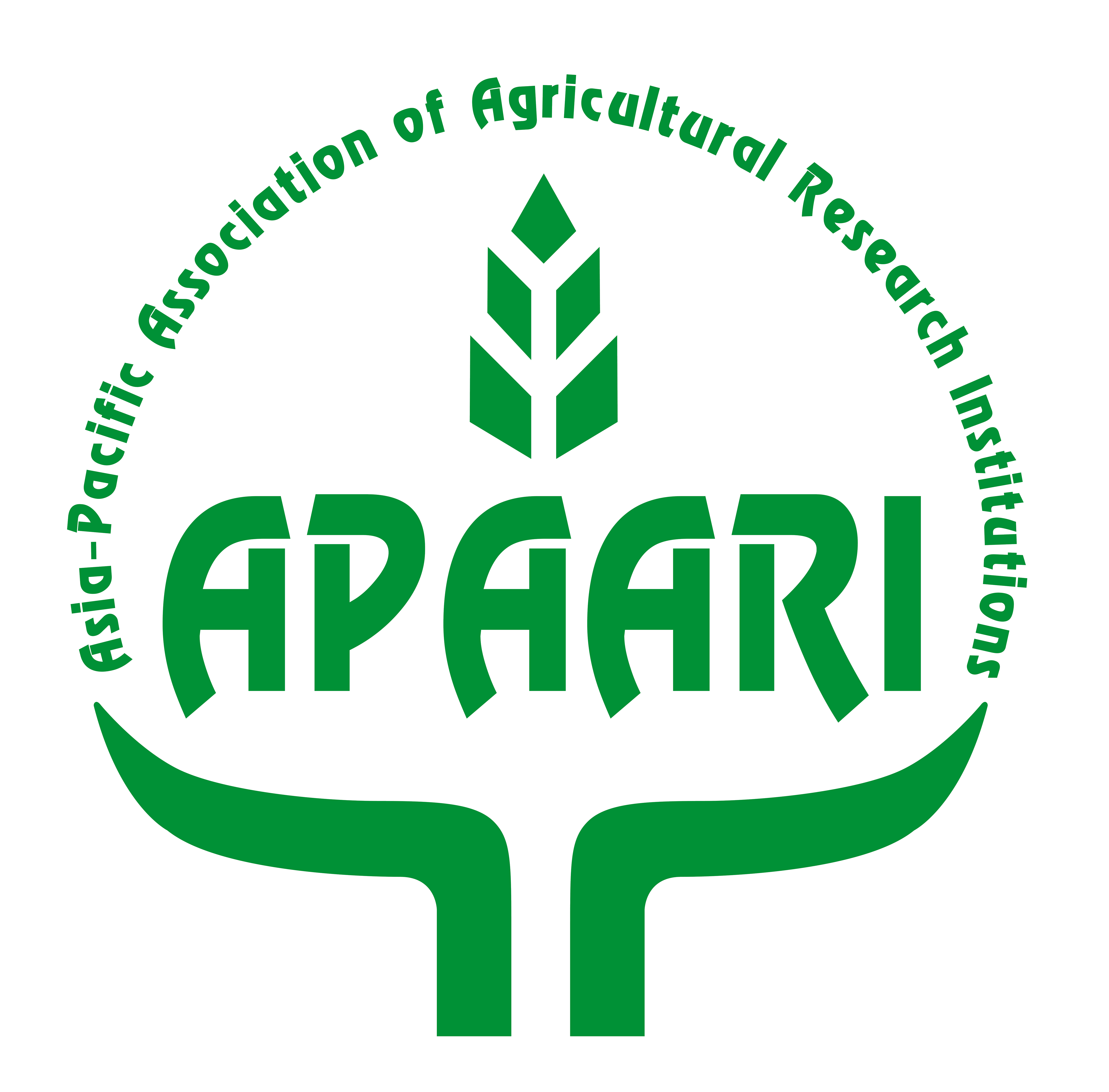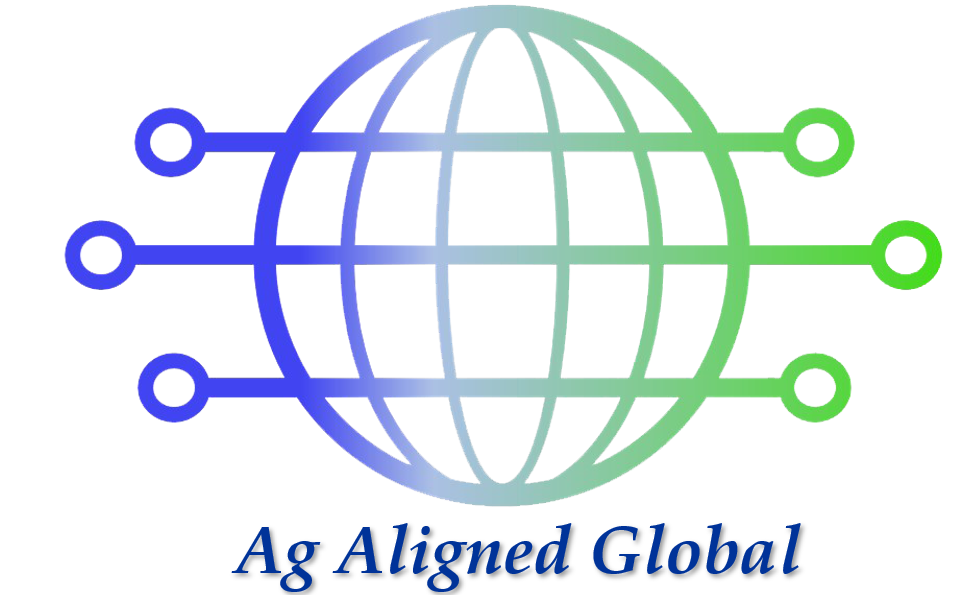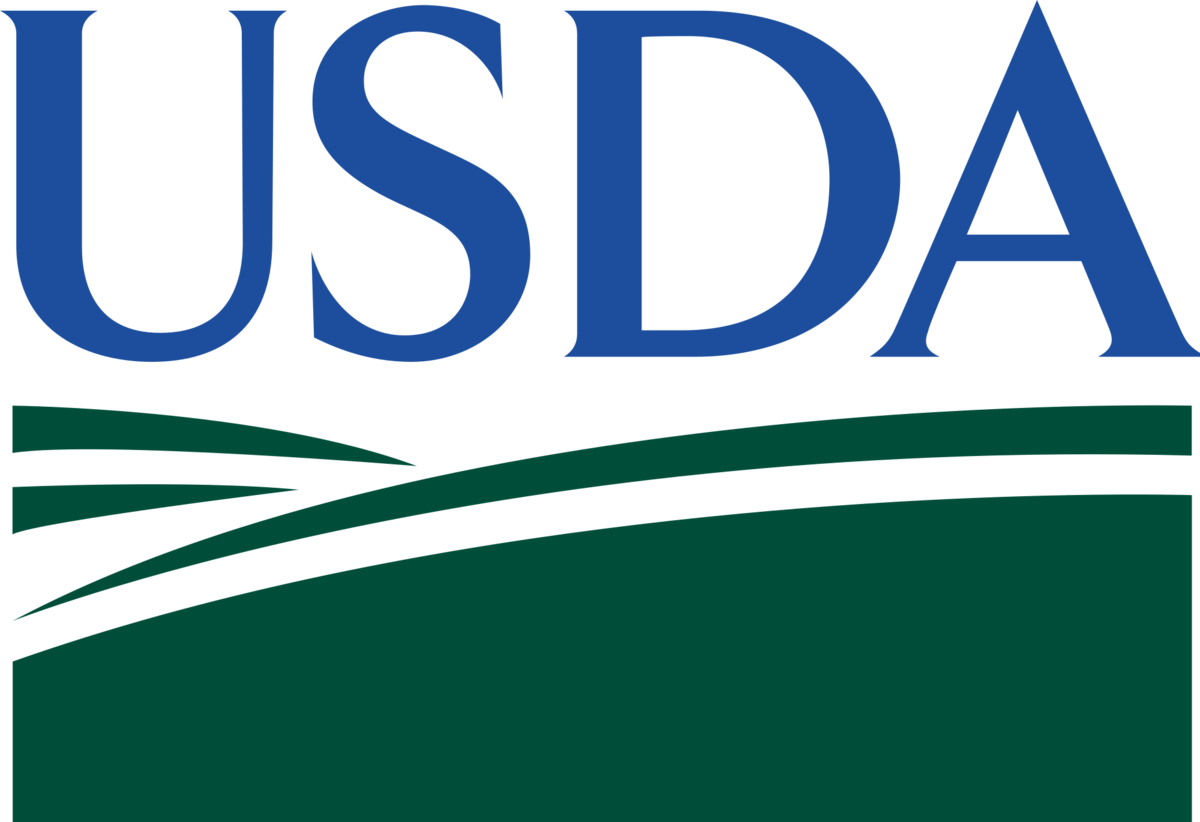ASIA PESTICIDE RESIDUE MITIGATION THROUGH THE PROMOTION OF BIOPESTICIDES AND ENHANCEMENT OF TRADE OPPORTUNITIES
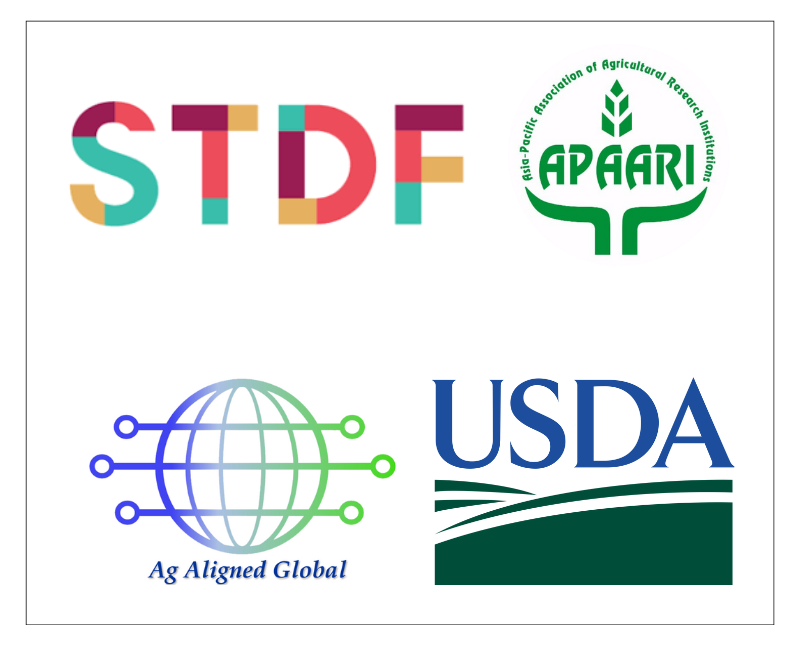

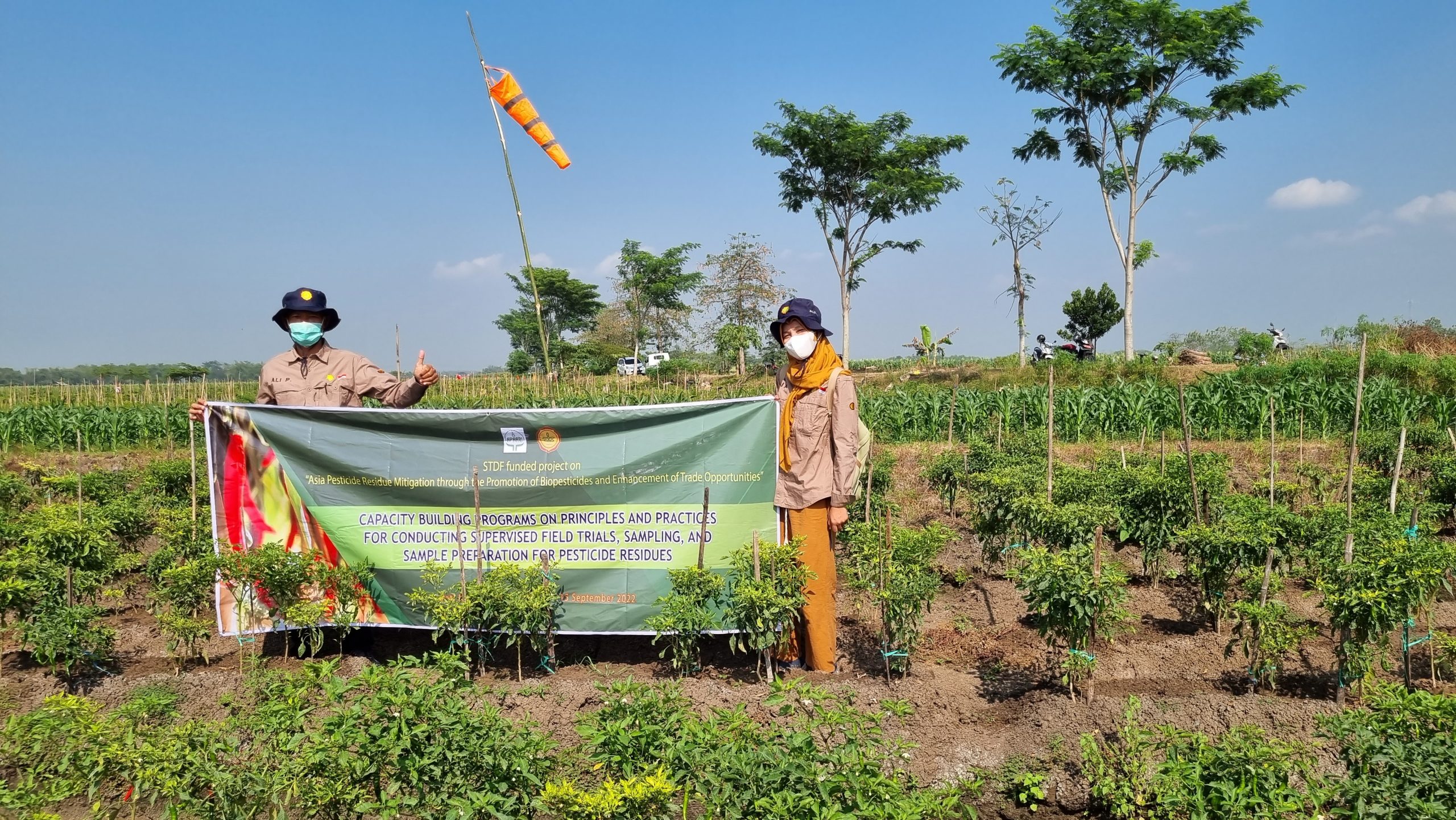
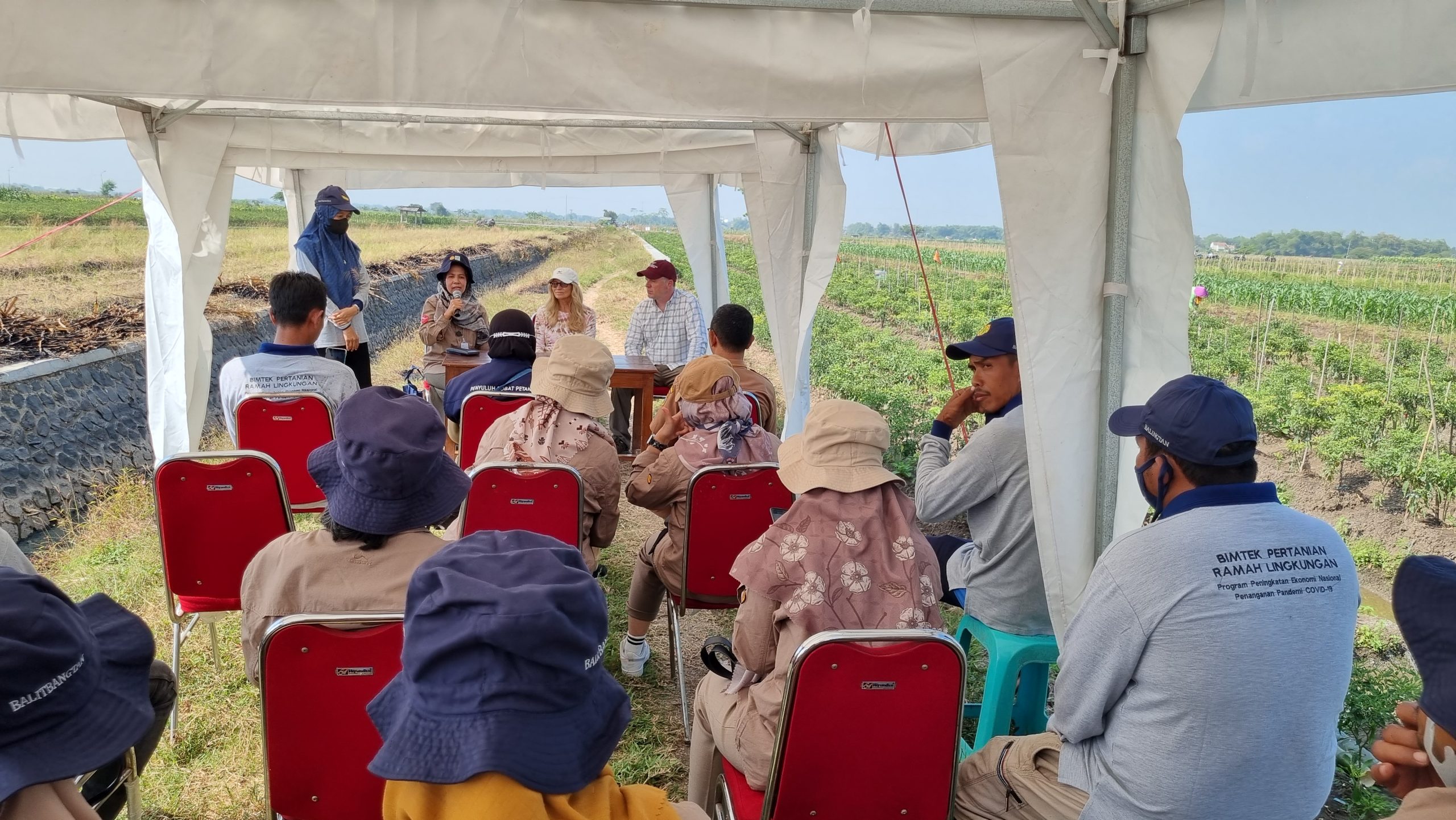
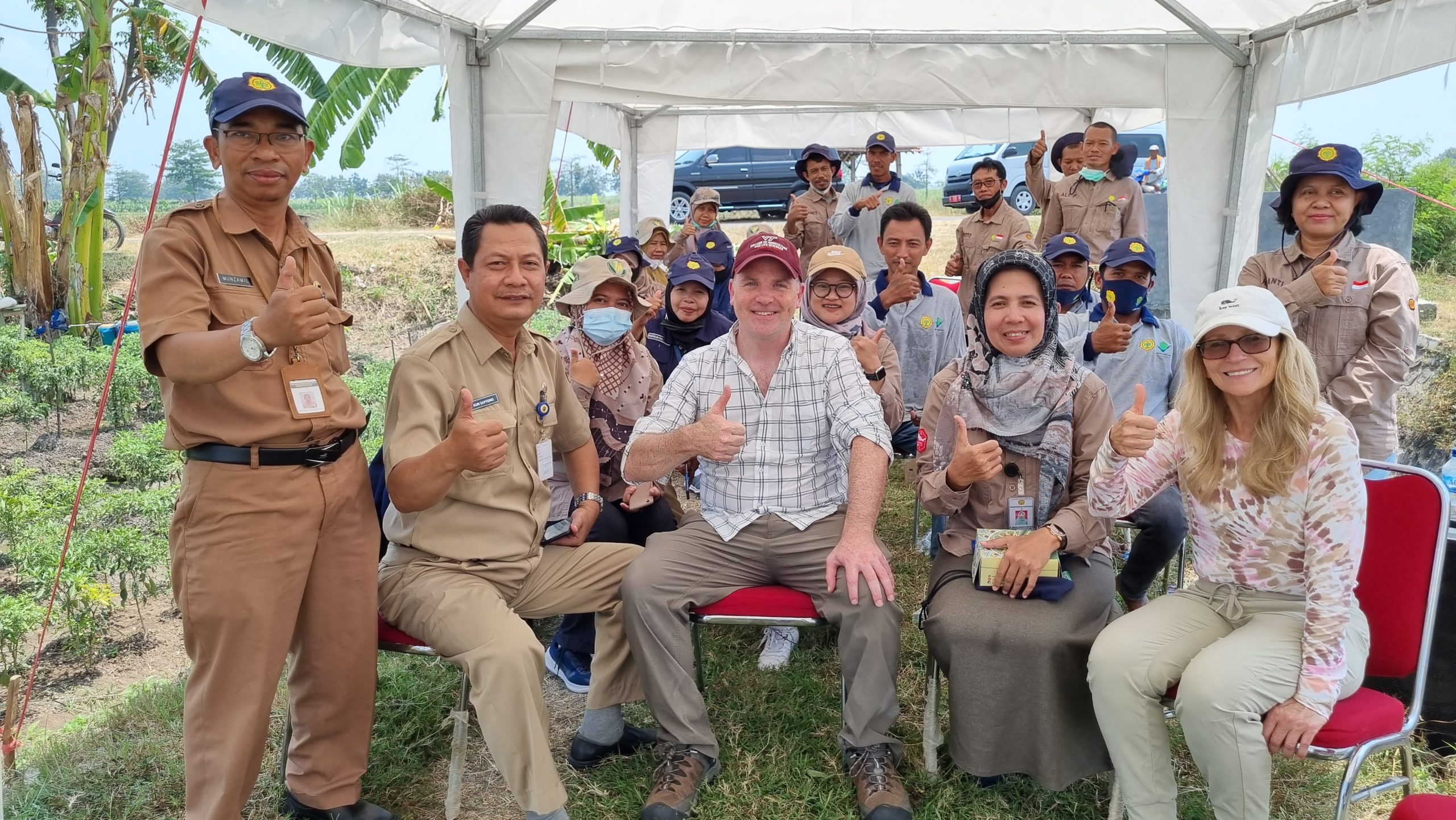
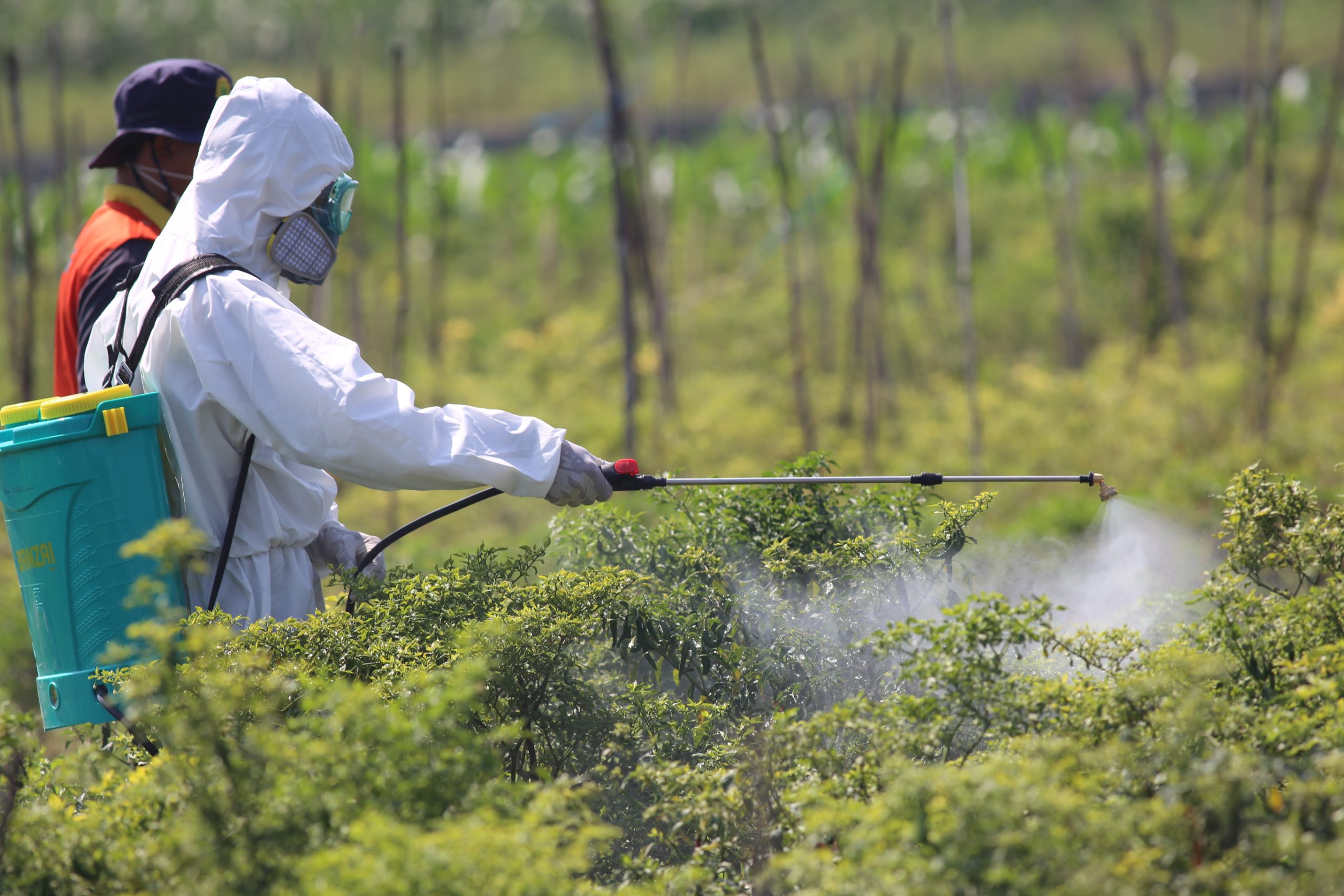
| Objective: | Increase awareness of how pesticide residue issues impact trade and develop methods for overcoming these trade barriers |
| Total budget: | USD 1,312,627.61 |
| Project period: | 2020-2023 |
| Funding agency: | Standards and Trade Development Facility (STDF)/World Trade Organization (WTO) |
| Implementing agencies: | Asia-Pacific Association of Agricultural Research Institutions (APAARI), Ag Aligned Global and United States Department of Agriculture (USDA) |
Project Summary
Many less developed economies in Asia still face increasing challenges in conforming to the Codex Alimentarius – a globally recognized body responsible for setting food safety standards to help in the facilitation of international trade in safe foods. This is because the maximum residue limit (MRL) that result from pesticide residues on agricultural commodities is either not established or it is too low to reasonably comply with real-world use patterns of farmers. As a result, Asian trade is significantly constrained by rejections at the global market due to food safety issues, including excess MRLs for permitted pesticides, presence of prohibited pesticides, presence of quarantine plant pests, and pathogens and food-borne pathogens.
The Sanitary and Phytosanitary Measures (SPS) Agreement of the World Trade Organization (WTO) encourages WTO Members to harmonize or base their national measures for food safety on the international standards, guidelines and recommendations developed by Codex. While participation of Asian nations in the Codex Committee on Pesticide Residues (CCPR) has significantly increased, there is no clear organized effort on how to promote the inclusion of biopesticides into their integrated pest management (IPM) programmes. Further, there are no specific strategies to on how biopesticides can be used to mitigate the residues of conventional pesticides that can be problematic for trade.
IPM approaches have included utilization of biopesticides to overcome resistance issues and maintenance of beneficial insects. However, pesticide residues are primarily determined by the last application, therefore simply including a biopesticide in a rotation is not likely to result in lower residues of conventional products and will not help trade. A purely biopesticide programme would result in lower residues, but may not be sufficient alone to control the pest or be financially viable.
Asia Pesticide Residue Mitigation Project
The primary purpose of this project is to mitigate pesticide residues and facilitate trade by preventing export violations related to maximum residue limit (MRL) that result from pesticide residues on agricultural commodities. The project therefore aims to promote the appropriate use of microbial-based biopesticides to control key pests, especially at the end of the crop-growing period when pesticides mostly contribute to residues at the time of harvest. It will do so by balancing the advantages of conventional pesticides that have generally lower cost and greater efficacy, with the advantages of a biopesticide at the end of the season.
The project is applying an innovative approach with a scientific rationale towards capacity development and evaluation related to Sanitary and Phytosanitary Measures (SPS). Once it develops a process for identifying and prioritizing residue trade barriers, it will establish a methodology for mitigating those barriers, coordinated regionally and for global markets. This process aims to increase understanding and compliance with the MRLs specified by CODEX ALIMENTARIUS international food standards, guidelines and codes of practice that contribute to the safety, quality and fairness of international food trade. This improved understanding and enhanced technical and functional capacities (soft skills) are envisioned to ensure growers’ access to important export markets, increase biopesticide availability, and decrease the costs and barriers to biopesticide availability. Further, it will contribute to the Sustainable Development Goals (SDGs) of improved human and environmental health, such as reducing risk to consumers, pesticide applicators, and the environment, as well as poverty reduction and economic growth.
Project participants
The primary participants of the project are national pesticide regulatory authorities, farmers, industry associations, agri-food export companies, and domestic consumers. Women play a key role in the global value chains for many agri-food products and face particular challenges in the context of compliance with international trade standards for pesticides. Hence, the project ensures their participation as well.
Donor
Partners
Dr. Jason Sandahl
jason.sandahl@agaligned.com

